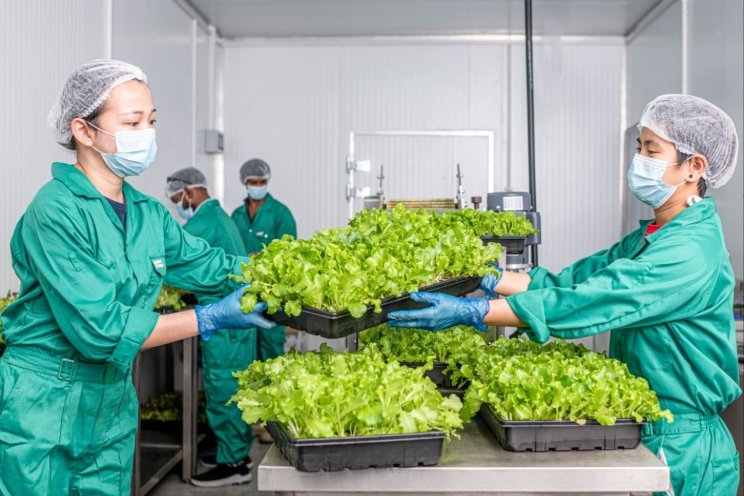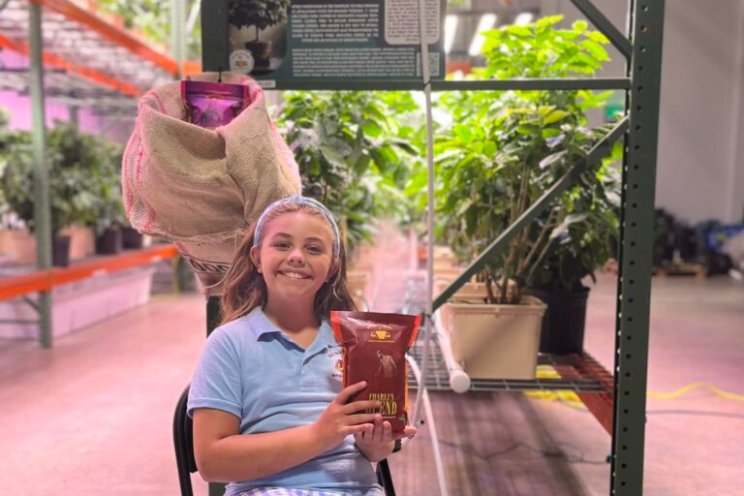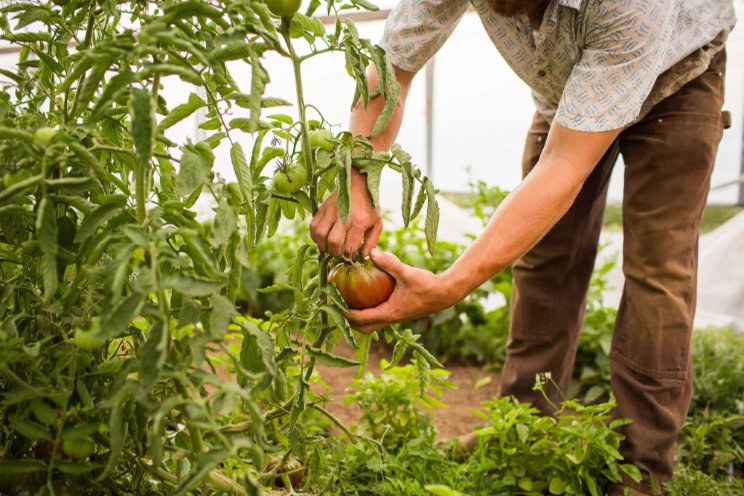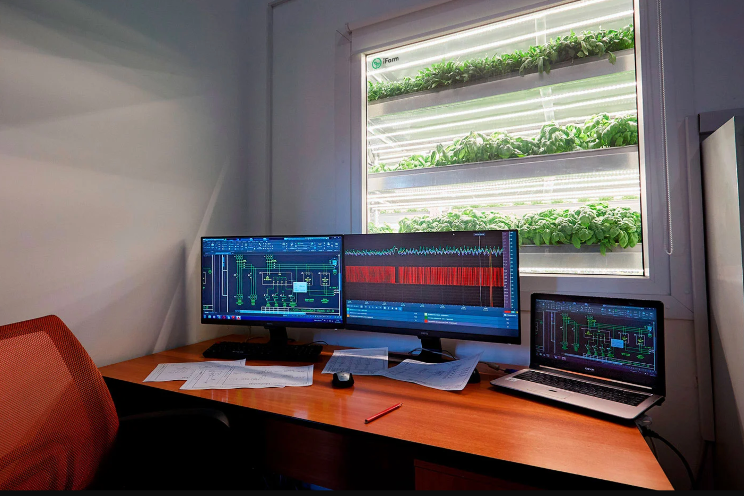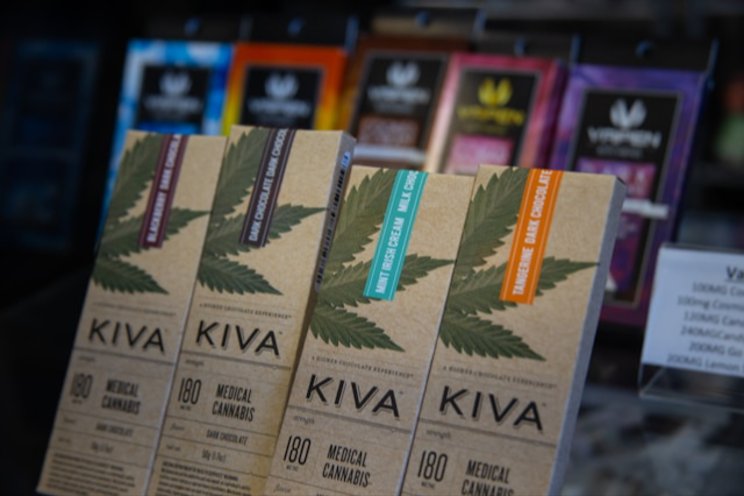Considering switching to a hydroponic system?
Added on 12 August 2021

It now makes more sense to move towards indoor hydroponic production systems, such as NFT (Nutrient Film Technique), deep water or multi-level, to name a few. With the advancements in knowledge and technology, CEA has become a more reliable means to consistently produce quality crops. Typically located closer to the markets they serve, they can deliver fresher produce with a limited reliance on transport.
Although it has been flourishing for many years, the pandemic has had its effects on the leafy green market. With the restaurant industry shutting down and roughly 80% of their sales coming from this segment, companies needed to rapidly review their business model if they wanted to continue doing business. By swapping certain crops and changing the packaging, they were able to switch the focus from restaurants to retail. Although it appeared to be a simple solution, it required a major shift in the logistics chain and overall operations. Those who were able to pull this off successfully not only saw major increases in sales during the pandemic; they were also able to diversify their clientele and become less dependent of a specific market segment.
With the increased interest in indoor productions and all the success stories, it is no surprise that the CEA Census Report 2020 indicates a 46% increase in investments into this market. Some of these investments come from larger agriculture players that are gradually shifting portions of their operations out of the fields. Apart from the initial investments, they understand that this transition comes with many challenges: selecting the right growing media, adapting the irrigation practices, implementing a new fertility program, etc. However, the potential benefits and the inherent risks of continuing "business as usual" far outweigh the roadblocks they may face. Knowing that each converted field would be earlier to market (added value) and could potentially yield more than twice as much as the current system is a huge incentive. Other advantages, such as major reductions in pesticide use, can also have significant impacts.
Attractive as it may be, the challenges are significant, and a high level of technical knowledge is required to be successful. If you are considering the CEA route, whether for leafy greens or for other produce, it is critical you understand the pros and cons of each hydroponic systems to determine which one is better adapted to your needs. The 2nd and 3rd parts of this article mini-series will provide detailed information on each system as well as other aspects of leafy green production which should help orient some of your decisions moving forward.
Click here for more information.
Source: Berger
Photo created by jcomp - freepik
Source: Berger
More news

